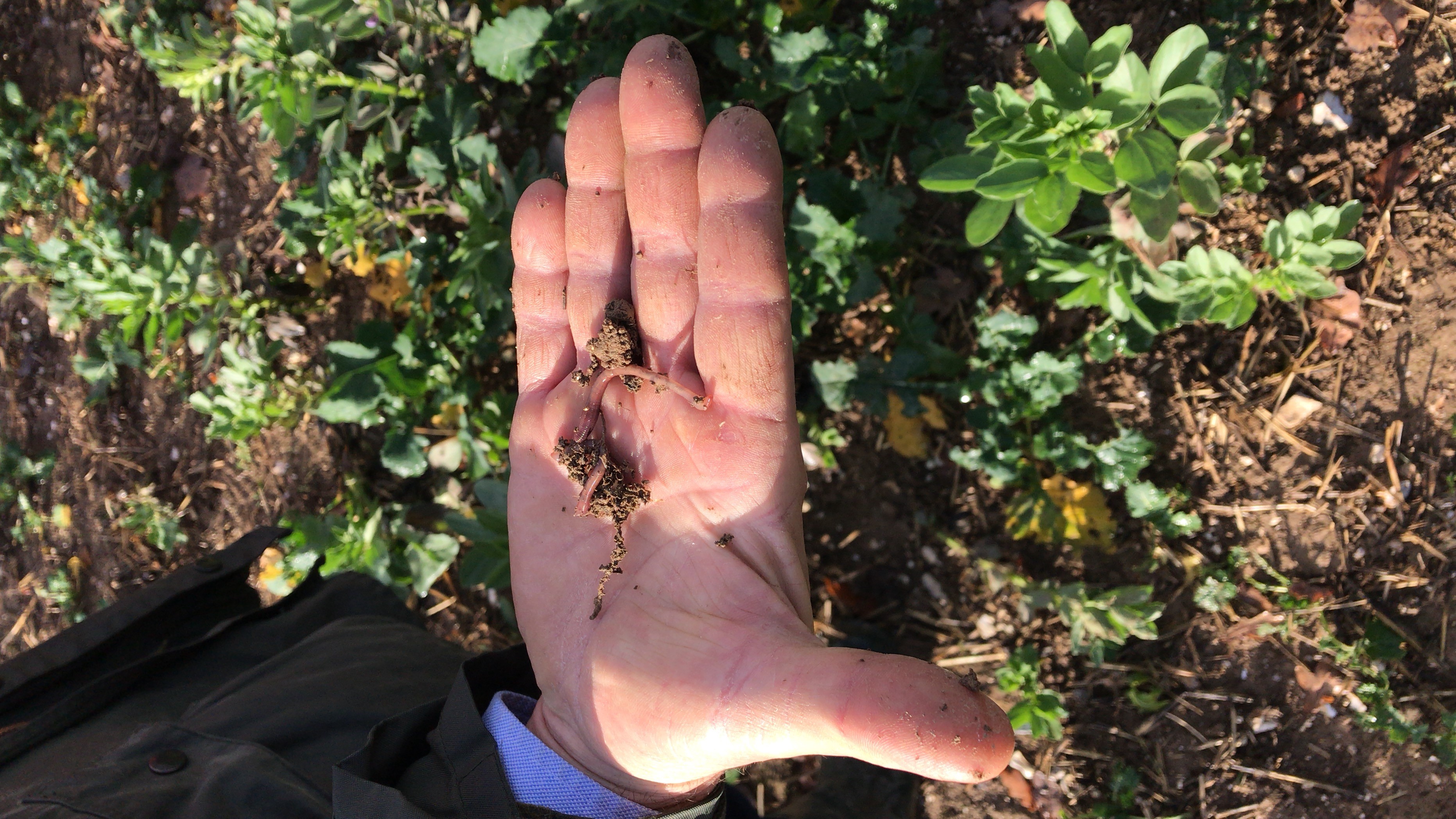



More than 450 farm groups urge US Congress to invest in climate-focused agriculture
Over 450 farming and rural organizations are calling on Congress to invest $200 billion on climate-friendly farming improvements and infrastructure as part of the American Jobs Plan.The National Sustainable Agriculture Coalition (NSAC) sent a letter on behalf of more than 450 farm and rural development organizations and businesses from across the country, calling on Congressional leadership to invest more than $200 billion over ten years to bolster farm bill conservation, research, renewable energy, forestry, and regional food system and supply chain resilience programs, in addition to the agriculture, forestry, and rural-related elements already contained in the President’s American Jobs Plan.


“We know that the time for transformative investments to help farmers address the climate crisis is now. This funding request for $200 billion is a down payment on programs that farmers need now to build more resilient food systems. More than 450 organizations and businesses have come together to support this ground-breaking request,” said Eric Deeble, NSAC Policy Director.
Specifically, this letter underscores how an investment of $200 billion, anchored by principles and programs found in the bicameral Agriculture Resilience Act (HR 2803/S 1337) and Climate Stewardship Act (HR 2534/S 1072), can address climate change and infrastructure needs by: helping farmers and ranchers adopt mitigation practices, investing in more resilient local and regional supply chains, expanding renewable energy on farms, advancing research on climate and agriculture, and much more. The letter emphasizes strong support for inclusion of key funding elements from those bills in the agriculture portion of the American Jobs Plan Act (AJPA) legislation.
An agriculture and climate package of at least $200 billion represents a fair share for agriculture, reflecting both the urgent need for US agriculture to adapt to a rapidly changing climate as well as the tremendous opportunity that farmers, ranchers, forest owners, and rural small businesses have to contribute to climate change mitigation. This would strengthen farm bill conservation program funding and address other key underfunded areas needed to enhance agricultural resilience, improve soil health, sequester carbon in the soil, and reduce emissions from the agricultural sector. Such investments could mean programs that help farmers adopt climate-friendly practices and are currently over-subscribed, like CSP and EQIP, will be able to enroll more producers right away – a key down payment toward climate change mitigation and resilience and expanded program access.
“This is a once-in-a-generation opportunity that should result in new investments in resilient food and farming systems and transform how we tackle the climate crisis,” Deeble added. “Making these investments now is key to achieving carbon neutral agriculture, building increased resilience, improving rural economies, and increasing job and farming opportunities.”
In addition to significant investments in farm bill conservation, renewable energy, energy efficiency, forestry, and food system and supply chain resilience programs, research that furthers the understanding of soil carbon sequestration and advances the collective understanding of region-specific best practices for climate mitigation helps farmers and ranchers adapt to the various impacts of climate change across the country.
NSAC stands with this broad array of more than 450 co-signed businesses and organizations, including those focused on agriculture, food systems, conservation, and more working at the grassroots and national level. The organization recognizes the urgency of the climate crisis and the need for the agricultural sector to be a central part of the solution.









